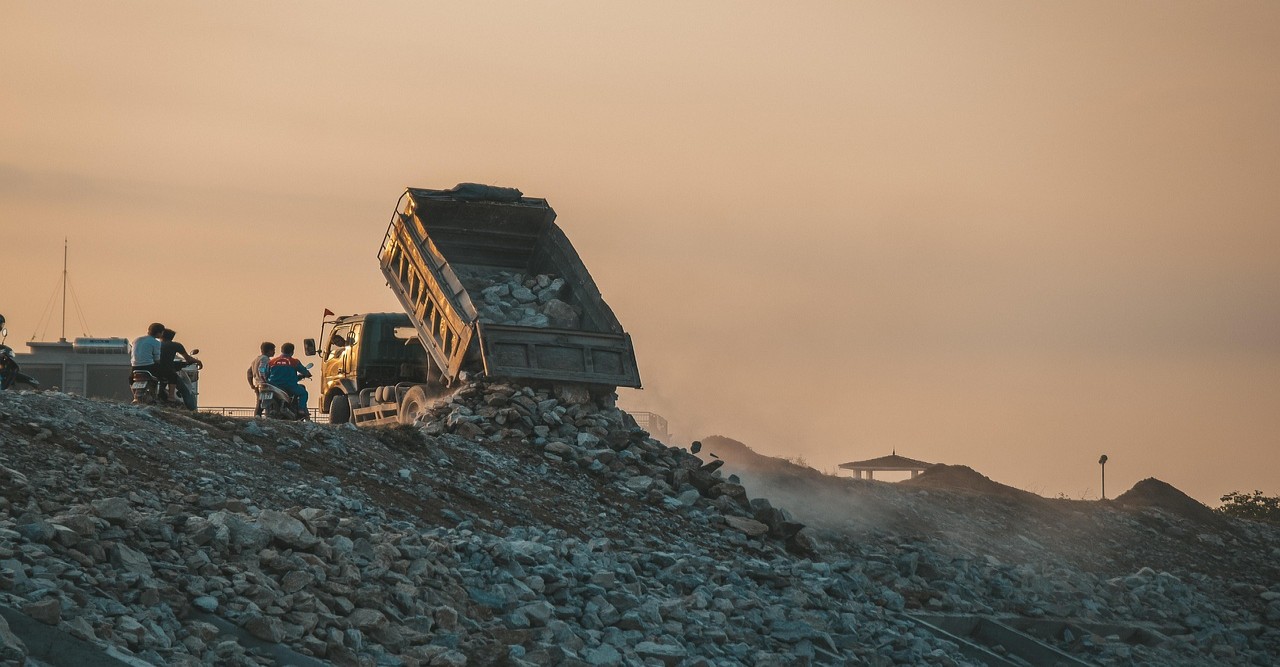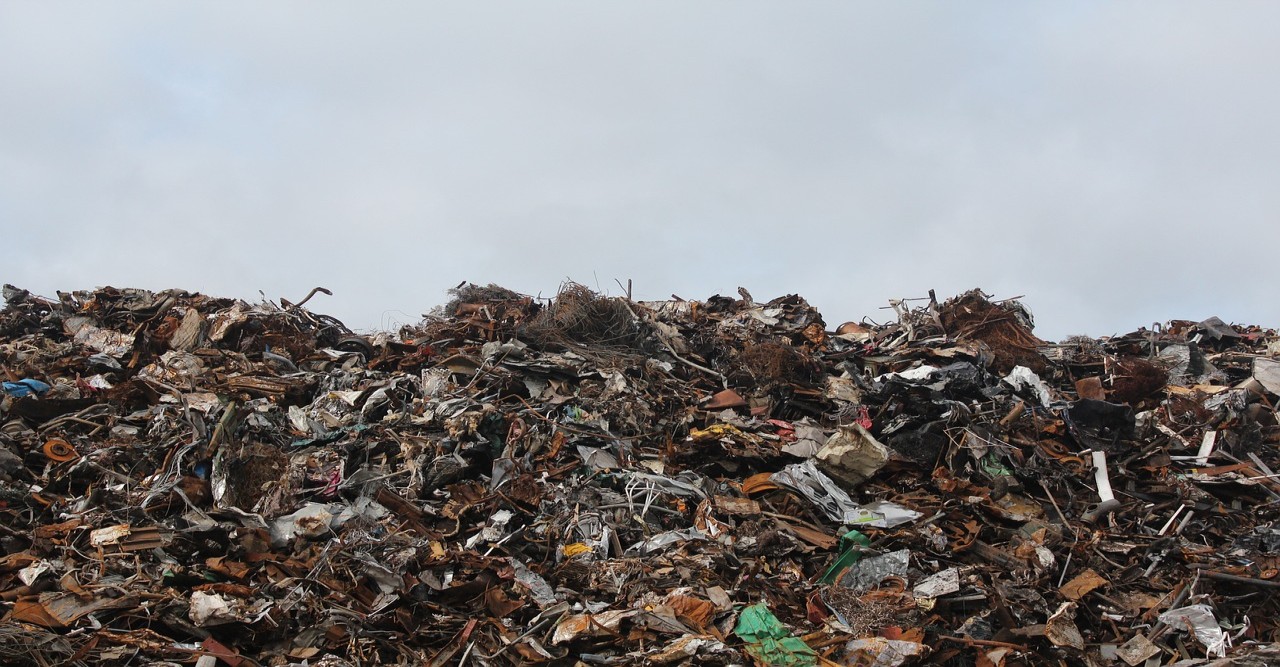
WASTE MANAGEMENT SYSTEM IN URBAN AREA IN BANGLADESH
খবর প্রকাশিত: ১৫ জুন, ২০২৫, ১১:২১ পিএম

Shaila Ahmed Senior Assistant Professor Department of English American International University-Bangladesh Dr. Syeda Afroza Zerin Associate Professor Department of Law American International University-
Bangladesh Over the past few decades, waste management issues in Bangladesh have escalated into a critical concern. Rapid population growth and increasing economic activity in urban areas, coupled with insufficient training in waste management practices, have complicated efforts to enhance waste management services. In urban residential areas, the per capita generation of waste is significantly higher than in rural areas. However, the country's capacity to effectively collect, process, dispose of, or recycle waste remains severely limited. Like many countries worldwide, Bangladesh faces growing environmental challenges. Pollution from hazardous waste and land-based sources threatens wetlands, water bodies, and oceans, posing serious risks to both human health and biodiversity. While numerous developed and developing nations have implemented scientific approaches to waste disposal, Bangladesh has yet to adopt a comprehensive national strategy to tackle waste management effectively.  In response to the dire environmental conditions in Bangladesh, a range of environmental laws has been established over the years. Currently, there are lot of area-specific laws addressing various environmental issues in Bangladesh. These laws primarily focus on soil use, air and water pollution, hazardous chemicals, solid waste management, forest preservation, protection of flora and fauna, mineral resource management, coastal area management, and public health. Prior to 1995, Bangladesh lacked a comprehensive legal framework that adequately defined "waste." However, the Environment Conservation Act of 1995 introduced a relatively clear definition of waste, though it does not cover every aspect comprehensively.
In response to the dire environmental conditions in Bangladesh, a range of environmental laws has been established over the years. Currently, there are lot of area-specific laws addressing various environmental issues in Bangladesh. These laws primarily focus on soil use, air and water pollution, hazardous chemicals, solid waste management, forest preservation, protection of flora and fauna, mineral resource management, coastal area management, and public health. Prior to 1995, Bangladesh lacked a comprehensive legal framework that adequately defined "waste." However, the Environment Conservation Act of 1995 introduced a relatively clear definition of waste, though it does not cover every aspect comprehensively.
While there is still no overarching legal framework specifically dedicated to waste management in Bangladesh, numerous sector-specific legislations exist that address waste disposal and management issues. For an example, Medical Waste (Management and Processing Rule, 2008) or Bangladesh Wildlife Preservation (Ordinance) 1973. Despite having all these laws, the real scenario of waste management system in Bangladesh is very much poor. Therefore, this is high time of highlighting the need for a more cohesive and comprehensive waste management strategy. Based on the analysis of various enactments, policies, and regulations, Bangladesh lacks a dedicated law to comprehensively address the issues of proper waste disposal.
However, the absence of a specific legal framework focused solely on waste management limits the effectiveness of these measures. This highlights the urgent need for a comprehensive law that not only addresses waste disposal but also integrates various aspects of environmental protection to enhance enforcement and accountability in waste management practices across the country. Side by side, we the citizen of Bangladesh must have the ethical values to keep our own country clean and fair.